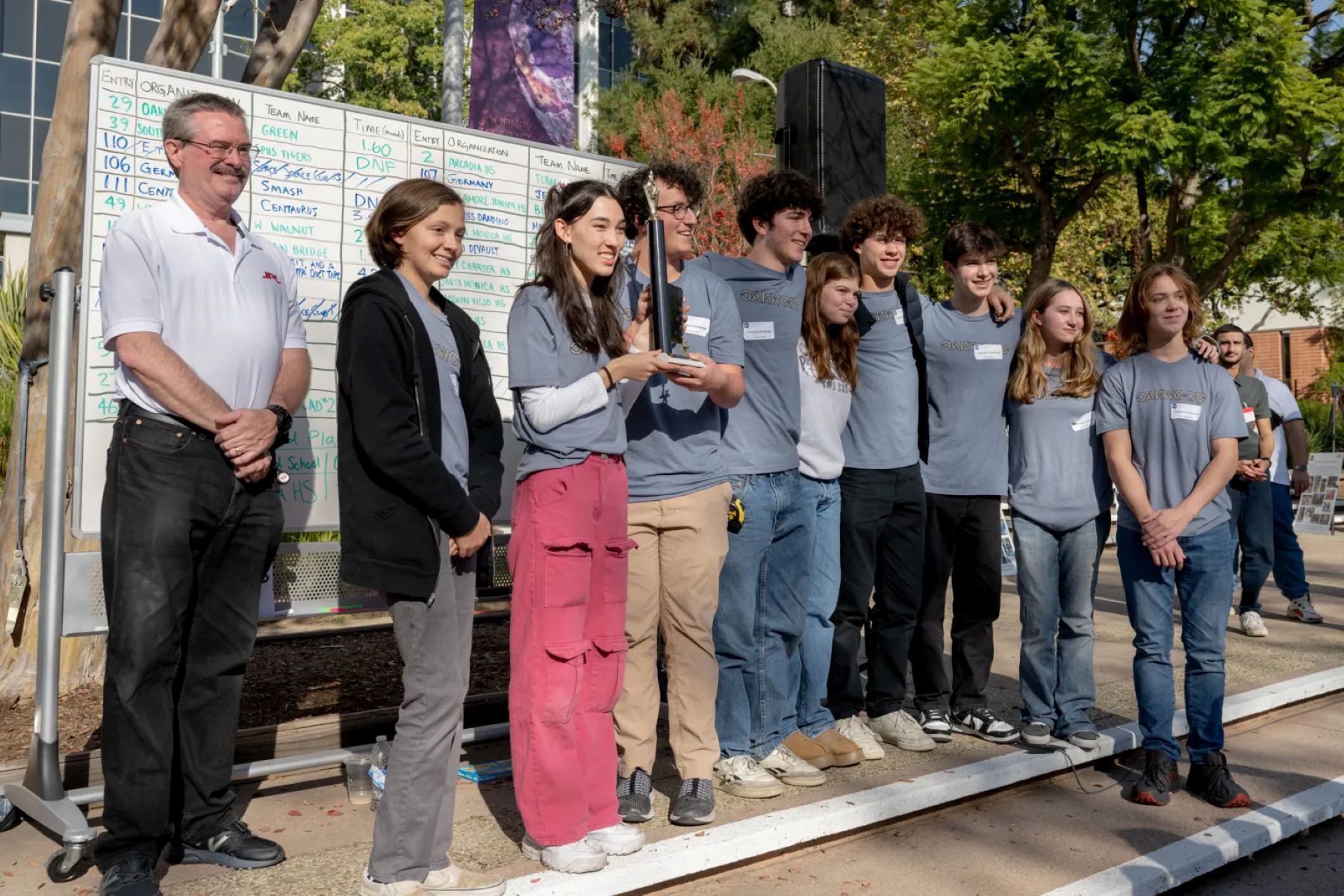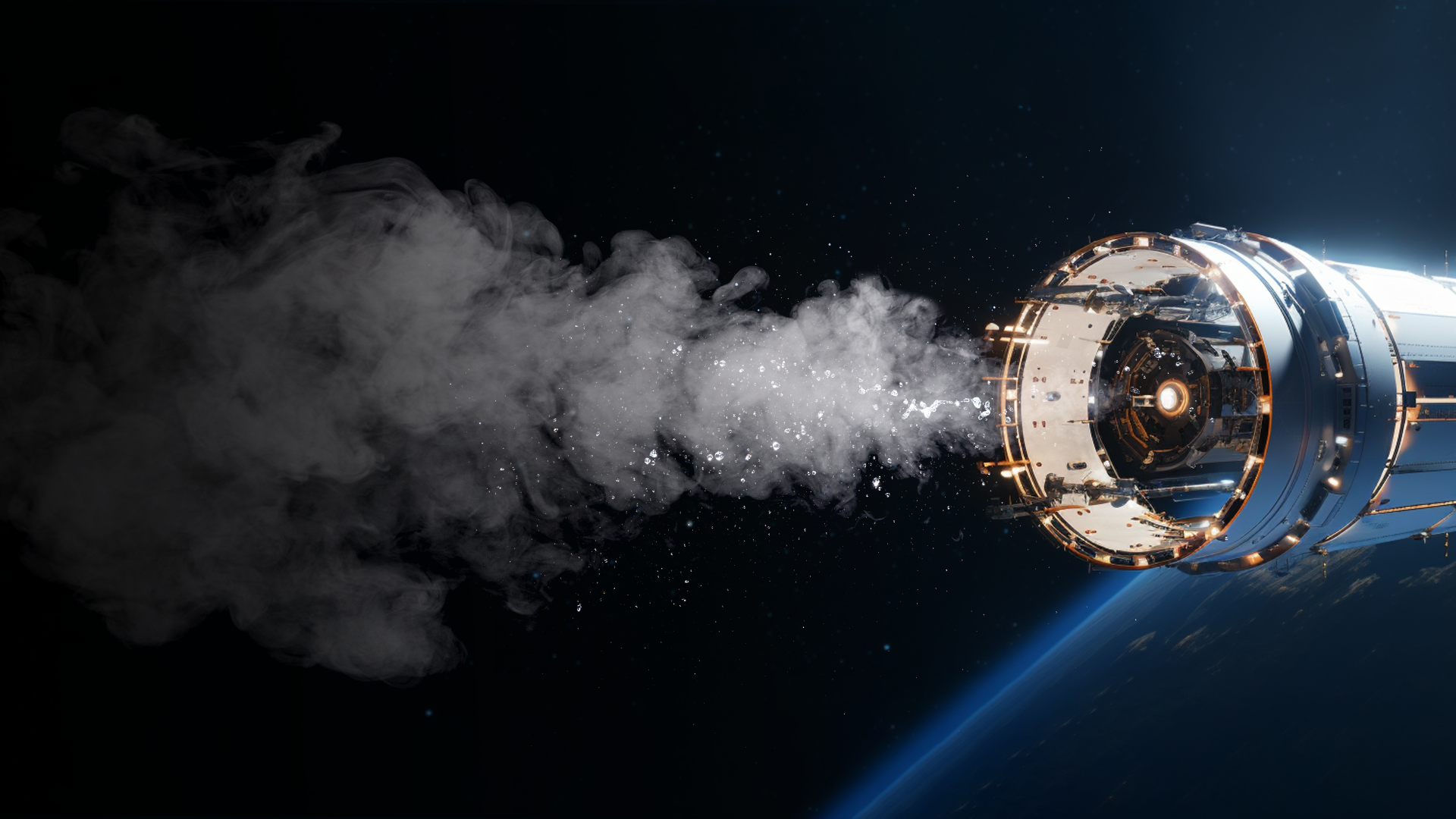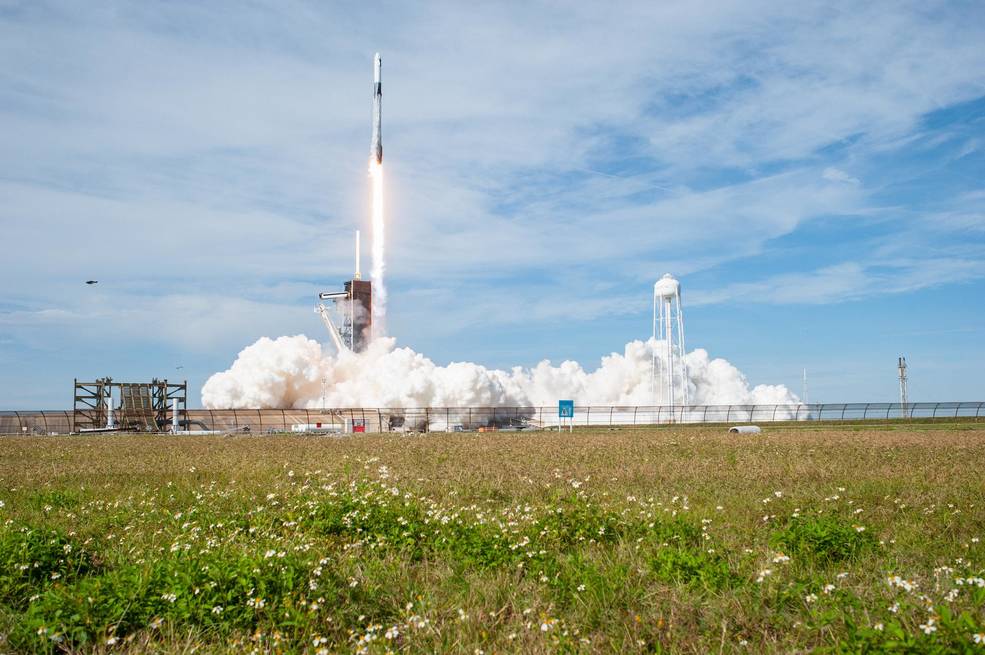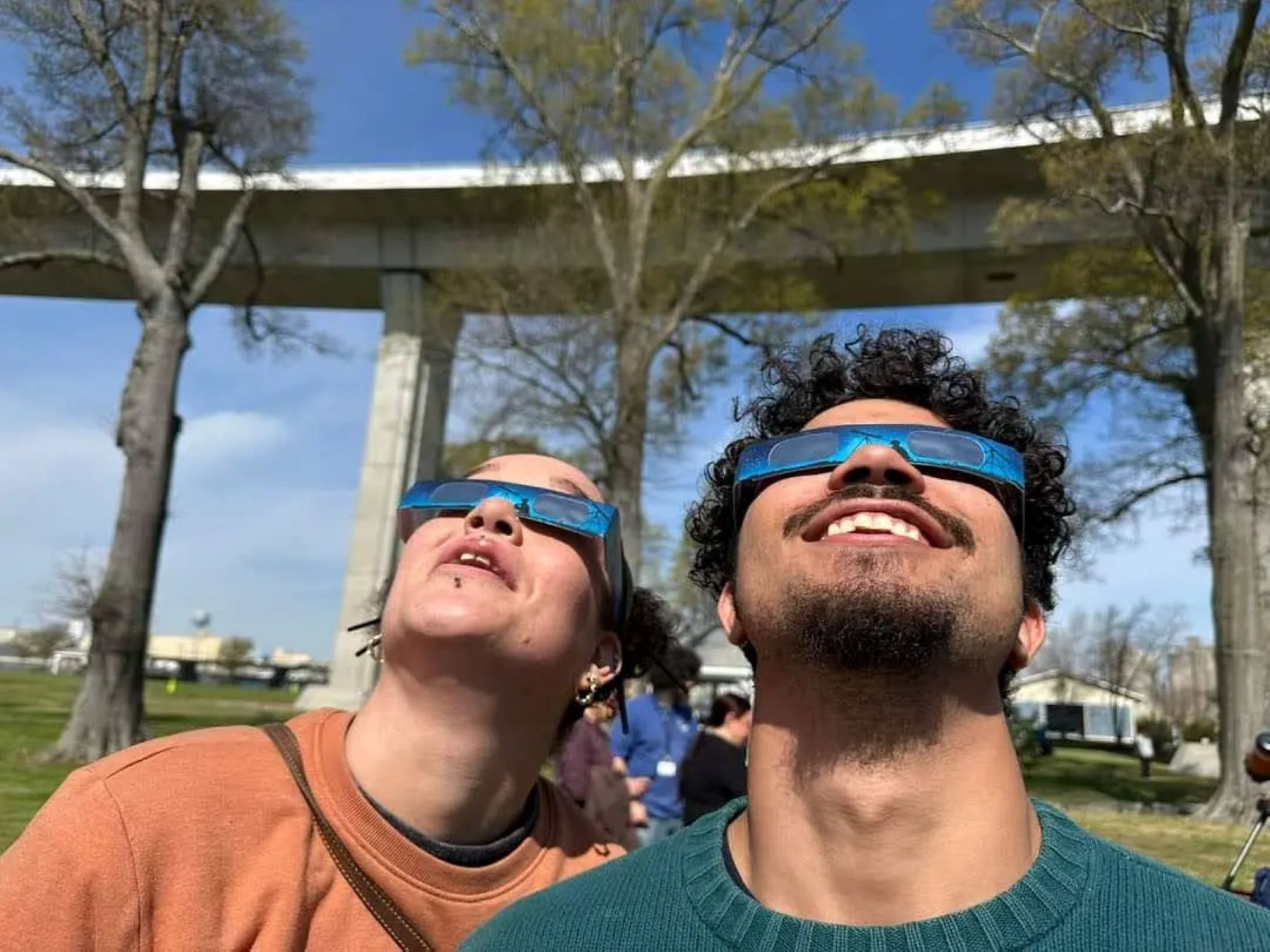Sols 4304-4006: 12 Years, 42 Drill Holes, and Now… 1 Million ChemCam Shots!
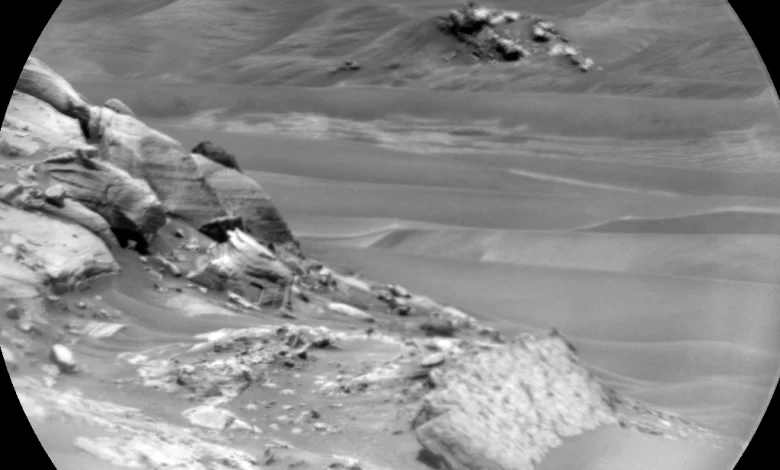
Earth planning date: Friday, Sept. 13, 2024
Today, I need to talk about ChemCam, our laser and imaging instrument on the top of Curiosity’s mast. It one of the instruments in the “head” that gives Curiosity that cute look as if it were looking around tilting its head down to the rocks at the rover’s wheels. On Monday, 19th August the ChemCam team at CNES in France planned the 1 millionth shot and Curiosity executed it on the target Royce Lake on sol 4281 on Mars. Even as an Earth scientist used to really big numbers, this is a huge number that took me a while to fully comprehend. 1 000 000 shots! Congratulations, ChemCam, our champion for getting chemistry from a distance – and high-resolution images, too. If you are now curious how Curiosity’s ChemCam instrument works, here is the NASA fact sheet. And, of course, the team is celebrating, which is expressed by those two press releases, one from CNES in France and one from Los Alamos National Laboratory, the two institutions who collaborated to develop and build ChemCam and are now running the instrument for over 12 years! And the PI, Dr Nina Lanza from Los Alamos informs me that the first milestone – 10000 shots was reached as early as Sol 42, which was the sol the DAN instrument used its active mode for the first time. But before I am getting melancholic, let’s talk about today’s plan!
The drive ended fairly high up in the terrain, and that means we see a lot of the interesting features in the channel and generally around us. So, we are on a spot a human hiker would probably put the backpack down, take the water bottle out and sit down with a snack to enjoy the view from a nice high point in the landscape. Well, no such pleasures for Curiosity – and I am pretty sure sugar, which we humans love so much, wouldn’t be appreciated by rover gears anyway. So, let’s just take in the views! And that keeps Mastcam busy taking full advantage of our current vantage point. We have a terrain with lots of variety in front of us, blocks, boulders, flatter areas and the walls are layered, beautiful geology. Overall there are 11 Mastcam observations in the plan adding up to just about 100 individual frames, not counting those taken in the context of atmospheric observations, which are of course also in the plan. The biggest mosaics are on the targets “Western Deposit,” “Balloon Dome,” and “Coral Meadow.” Some smaller documentation images are on the targets “Wales Lake,” “Gnat Meadow,” and “Pig Chute.”
ChemCam didn’t have long to dwell on its milestone, as it’s busy again today. Of course, it will join Mastcam in taking advantage of our vantage point, taking three remote micro imager images on the landscape around us. LIBS chemistry investigations are targeting “Wales Lake,” “Gnat Meadow,” and “Pig Chute.” APXS is investigating two targets, “College Rock” and “Wales Lake,” which will also come with MAHLI documentation. With all those investigations together, we’ll be able to document the chemistry of many targets around us. There is such a rich variety of dark and light toned rocks, and with so much variety everywhere, it’s hard to choose and the team is excited about the three targeted sols … and planning over 4 hours of science over the weekend!
The next drive is planned to go to an area where there is a step in the landscape. Geologists love those steps as they give insights into the layers below the immediate surface. If you have read the word ‘outcrop’ here, then that’s what that means: access to below the surface. But there are also other interesting features in the area, hence we will certainly have an interesting workspace to look at! But getting there will not be easy as the terrain is very complex, so we cannot do it in just one drive. I think there is a rule of thumb here: the more excited the geo-team gets, the more skills our drivers need. Geologists just love rocks, but of course, no one likes driving offroad in a really rocky terrain – no roads on Mars. And right now, our excellent engineers have an extra complication to think about: they need to take extra care where and how to park so Curiosity can actually communicate with Earth. Why? Well, we are in a canyon, and those of you liking to hike, know what canyons mean for cell phone signals… yes, there isn’t much coverage, and that’s the same for Curiosity’s antenna. This new NASA video has more information and insights into the planning room, too! So, we’ll drive halfway to where we want to be but I am sure there will be interesting targets in the new workspace, the area is just so, so complex, fascinating and rich!
And that’s after Mars for you, after 12 years, 42 drill holes, and now 1 Million ChemCam shots. Go Curiosity go!!!
Written by Susanne Schwenzer, Planetary Geologist at The Open University

